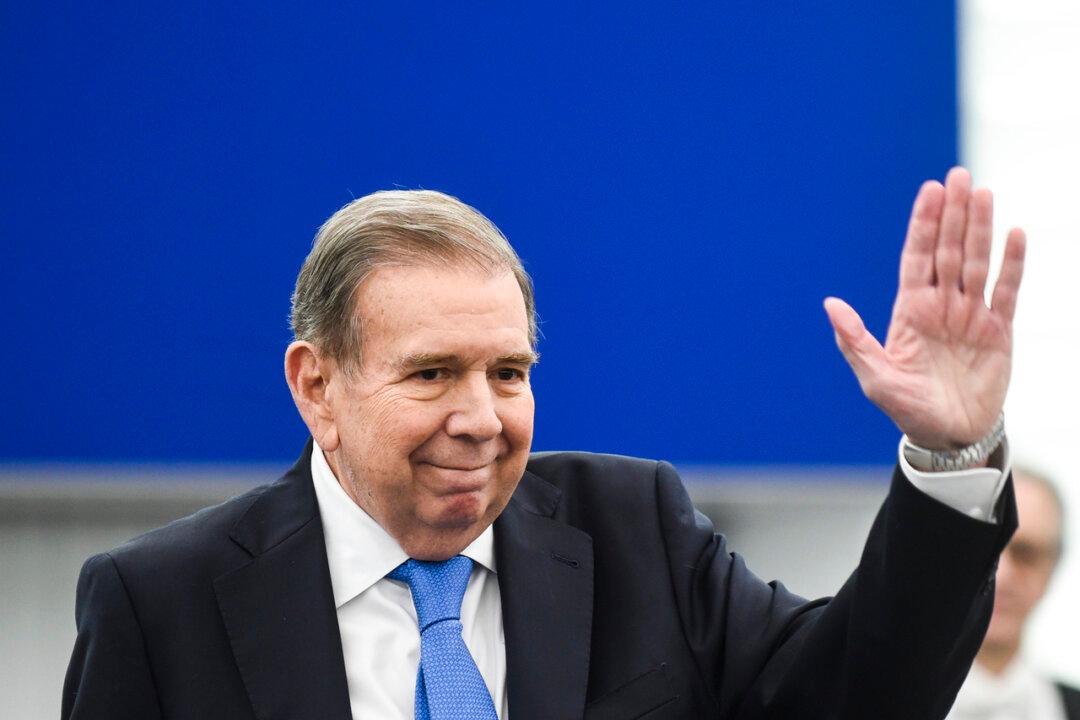Conservatives are calling on the Liberal government to recognize exiled Venezuelan opposition leader Edmundo González as president-elect.
In a statement issued on Dec. 30, Conservative foreign affairs critic Michael Chong noted that Venezuela’s scheduled inauguration on Jan. 10, 2025, is fast approaching, and incumbent President Nicolás Maduro seeks to “illegitimately install himself to a third term,” despite controversy over the 2024 election results.





